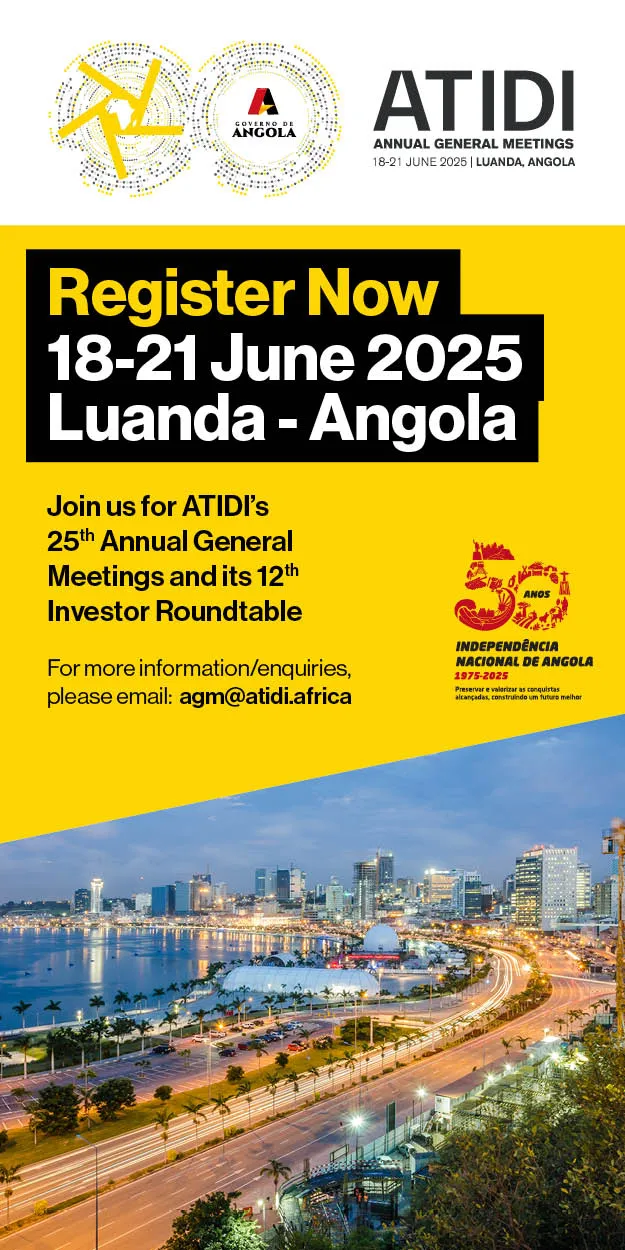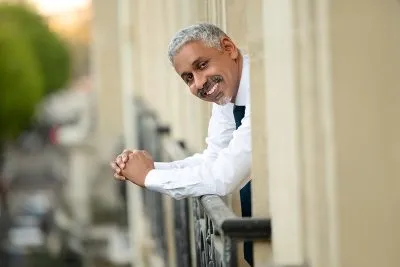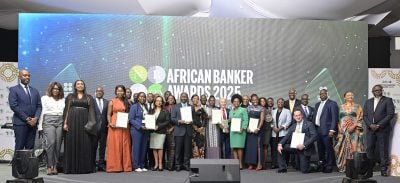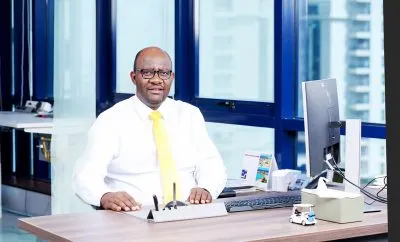Sandrine Henton, MD of EG Capital, which makes private equity investments in mid-sized businesses in the health, food and education sectors, mainly within the East African region, said the organisation had been set up to focus on sectors in which women and young people were active.
“This was a very conscious strategy because youth and women are at the heart of the consumer economy in Africa,” she pointed out. The social sectors are at the heart of any resilient economy, she stressed, as proved by the fact that Eastern Africa continued to grow during the pandemic – the only region in Africa to do so.
Henton attributed this growth to robust local production and consumption, which are underpinned by the region’s informal sector, where women and the youth are most active. “It is extremely important that African countries build resilient communities. That must be achieved across society, including women and the young,” she stressed.
She said that EG Capital has, since its inception, been focused on those sectors that have the most positive impact on women and on their children and families. She stressed the need for diversity among fund management teams which, she said, can lead to a 20% improvement in returns.
“Wherever there are diverse teams, there is a huge opportunity to re-invest in women,” she said, adding that the more diverse a fund manager, the more likely it is to invest in the social sectors.
Infrastructure, energy and the financial sector currently command the bulk of investment in Africa while, among the social sectors, education only receives investment of around 3%.
This imbalance needs to be addressed urgently, she said, explaining that these particular, highly resilient sectors will be instrumental in securing the continent in the face of future shocks such as climate catastrophe, war or pandemic.
“These kinds of shocks are expected to become more frequent and more dramatic than we have ever seen, which makes investment in the social sectors more critical than ever,” she warned. EG Capital has thus challenged African institutional investors to put more money in the hands of African women and women asset managers, she concluded.
Nejia Gharbi, MD, Caisse des Dépôts et Consignations, opened her presentation by explaining that her organisation was created in 2011 to deal with SMEs on the one hand and startups on the other.
She said that while many Tunisian women are adequately represented in the economy and in top professions, many find it tough to break into leadership roles. The 15,000 women entrepreneurs in Tunisia, she said, experience considerable difficulty trying to access financing or support for their businesses. Women lead just 4% of startups in Tunisia and are partners in another 28%, which is clearly a low proportion bearing in mind the comparatively high education levels of Tunisian women.
Delegates then heard from Caroline Yambesi of CRDB, who said her bank currently operates in Tanzania and Burundi and that it was poised to begin operations in Egypt in June 2023.
It is the largest bank in Tanzania, and was one of the first in the country to offer financial products tailored specifically for women. CRDB has for some time now worked with the African Guarantee Fund and has greatly benefited from its participation in the AFAWA programme, she said.
The bank has two programmes for women, one of which is a savings scheme that also lends to women at preferential rates, while also providing capacity building. “The three core pillars of this programme are to inspire, educate and finance,” she said.
The second programme, she explained, is targeted at women in the informal sector. Traditionally such women would be unable to qualify for financing under the usual terms. However, under this particular programme, run by the non-profit arm of CRDB, women-led businesses are provided with seed financing and incubated until they are able to graduate to more regular forms of financing.
The bank, which has more than 5m customers, has now reached more than 800,000 women through its various programmes. She told delegates there was still room to grow, citing the latest census statistics that reveal women in Tanzania form the majority, 51%, of the population.
Yambesi concluded by explaining that beyond the credit lines, AFAWA also offers technical assistance that CRDB finds extremely useful. “We are working to revamp our whole strategy for women customers,” she pledged.
Bottom-up approach
Malado Kaba, Director for Gender, Women and Civil Society, AfDB, drew attention to three key challenges that she believes must be overcome to bring about an improvement in financing for women.
She said: “For too long women have been out of sight, despite their significant contribution to the economy. We can only improve what we know, and what we know is what we measure. Gender-disaggregated data will therefore be critical in the future,” she said.
It is thus important, she elaborated, to support national statistics offices in countries so they can improve their ability to collect, analyse and disseminate pertinent data. Data is also important to enable financial institutions to understand their market and better serve their customers, she added.
The second issue Kaba highlighted was that of informality. “We cannot talk about empowering women without addressing the informality of our economies,” she said. She attributed this to orthodox public policies, and advocated that rather than the traditional top-down approach, a bottom-up approach could yield better results.
“Let’s get close to the people in the informal sector, ask them what they need and have the public sector provide them with quality services,” she suggested. This would encourage them to formalise their businesses, and in turn enable them to benefit more from such services.
The final challenge she mentioned was fragility. “We cannot forget the intersectionality between poverty, inequality and fragility,” she said. “What draws our youth to terrorism is the lack of economic opportunities and our inability to raise enough revenue to take care of them,” she pointed out, before concluding that efforts to address the problems of Africa must be scaled up to have any chance of making an impact.
Rounding up the first part of the panel, Sandrine Henton observed that the challenge for an emerging and diverse asset manager – and one focused on the under-invested social sectors – is the lack of a track record they can rely on, and having to create a market presence on which to build new relationships with various stakeholders.
Want to continue reading? Subscribe today.
You've read all your free articles for this month! Subscribe now to enjoy full access to our content.
Digital Monthly
£8.00 / month
Receive full unlimited access to our articles, opinions, podcasts and more.
Digital Yearly
£70.00 / year
Our best value offer - save £26 and gain access to all of our digital content for an entire year!

 Sign in with Google
Sign in with Google 




